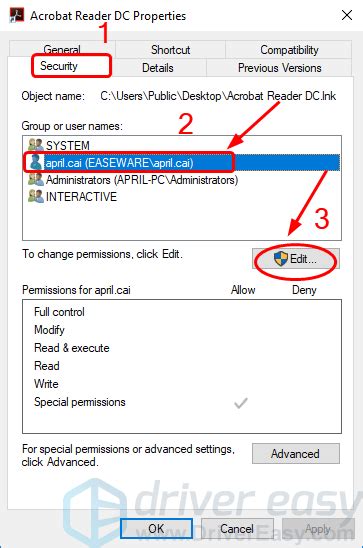Ethereum Depping Issue: “I received ‘notactivated’ error when purifying my casting test”
As a developer who works with intelligent contracts at Blockchain Ethereum, it is not uncommon to find questions during the test and clearance. In this article, we will explore the potential cause of the “Received” remarkable problem when purifying my casting test “you are facing.
Understanding the error
When an Ethereum test is successfully executed, it must first call a contract function with an option code Calldataload to load data from a storage slot. This is followed by a single ‘caller’ option to invoke the function of the contract. After that, two Opcodes codes push0 epush1 are executed to press the data to the battery.
The question: remarkable error

The remarkable “error” received usually occurs when the test does not correctly activate a intelligent contract after the sequence is executed above Opcodes. This can happen in several scenarios:
- Incorrect activation order : If the test calls
Calldataloadand latercaller 'but not vice -versa, it may result in an incorrect activation sequence.
- Failure or insufficient data storage : The function of the contract may require more data than it has been loaded by 'Calldataload'. This may be due to lack of dependencies or insufficient storage space.
- Incorrect pustro of pustro : If the test pushes data to the pile incorrectly, it may not be activated.
Solutions and alternative solutions
To solve this problem, you can try the following solutions:
Solution 1: ReorderCalldataloadTo Push0
Replace the sequence of OPCs codes with this corrected version:
Solidity
CALLDATAVADO
Calling
Push0
Push1
`
This must reactivate your smart contract.
SOLUTION 2: Add push0 Before you callDaTaver ‘
Try to add push0 before ‘CALLDATAVADEto ensure the correct activation sequence:
Solidity
CALLDATAVADO
Push0
Calling
`
Solution 3: Check data storage
Make sure your contract function requires storage data. If the contract expects additional data, it may be necessary to add a loaddata option code before calling it.
`Solidity
Calling
Loaddata (mycontractaddress)
`
Solution 4: Make sure there are absent dependencies or insufficient data
Check that all facilities are installed and sufficient in your test environment.
Solution 5: Use a different casting test environment
If none of the above solutions work, you can try to use a different casting test environment or change to a different test structure.